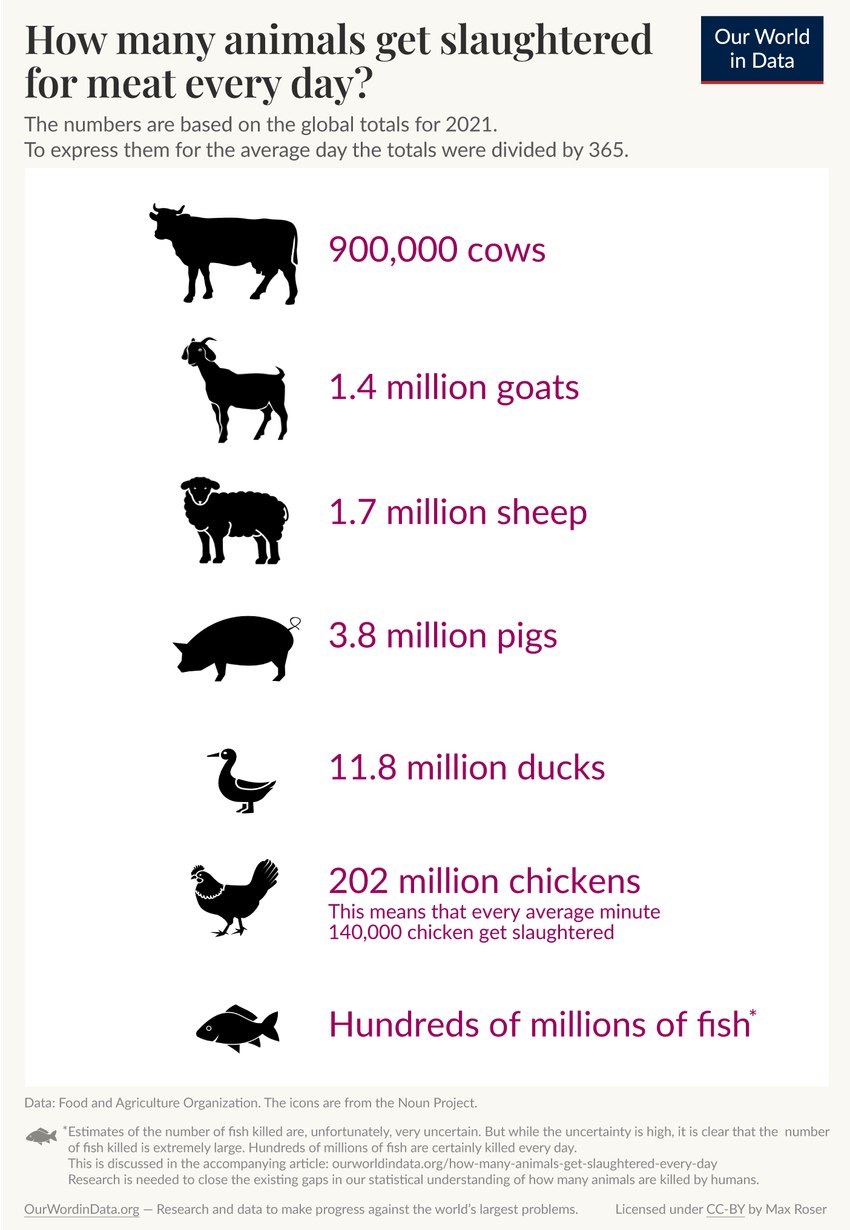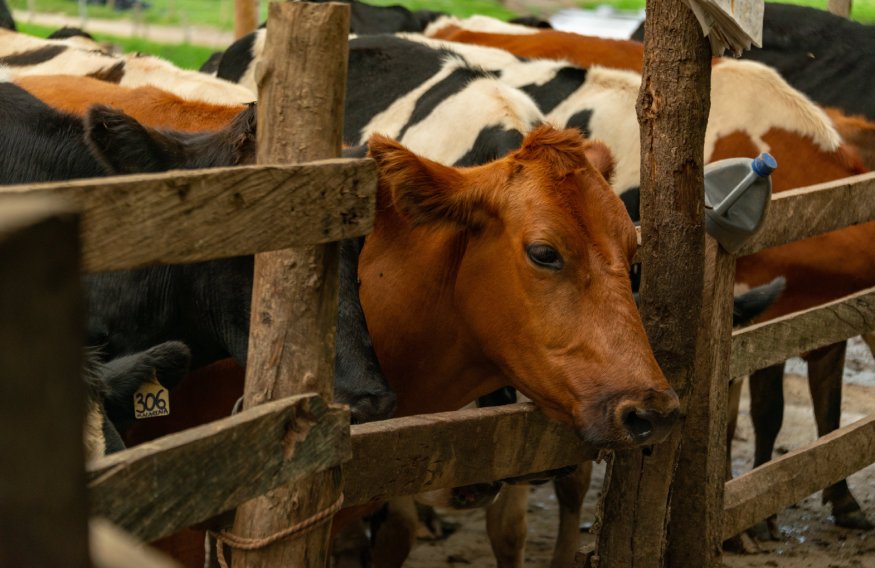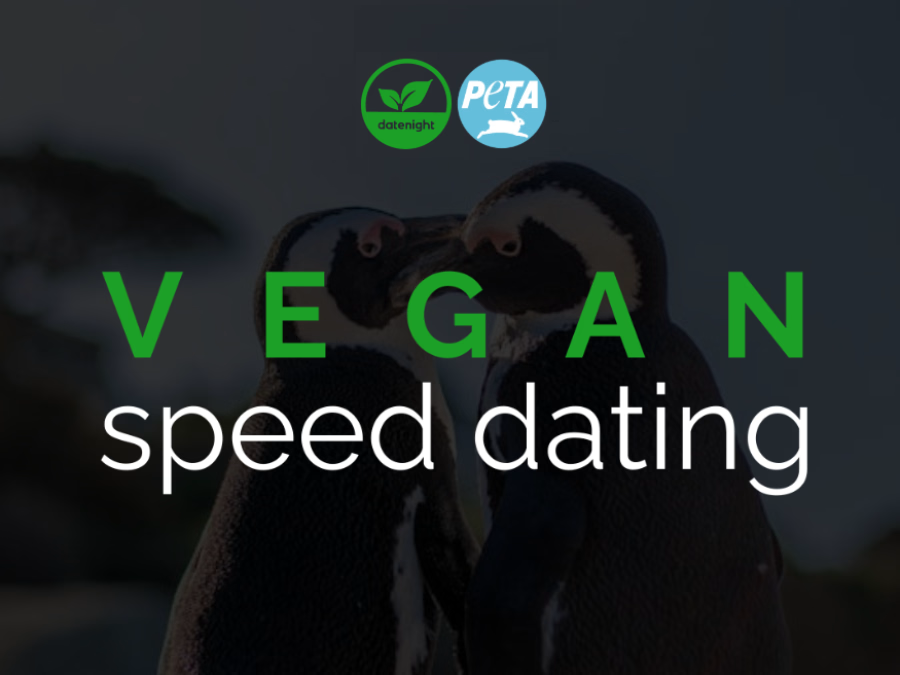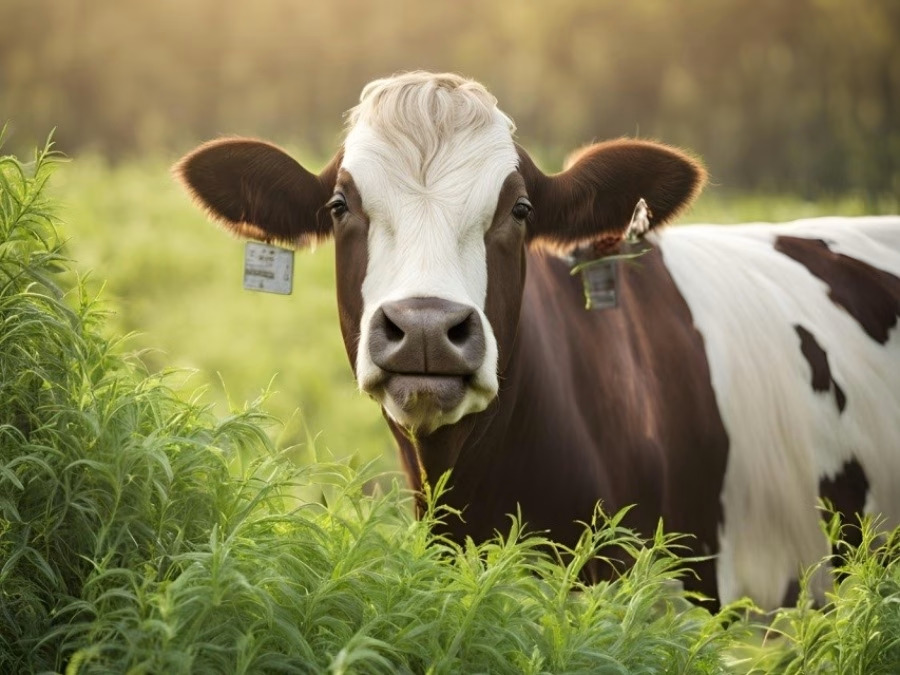A profound exploration of the scale of animal slaughter for meat, the ethical, environmental, and health implications of our dietary choices, and the potential benefits of shifting towards a more sustainable, compassionate approach to food consumption.
Grasping the Unimaginable Scale
The daily figures for animal slaughter are almost beyond comprehension. We're talking about 900,000 cows, 1.4 million goats, 1.7 million sheep, 3.8 million pigs, 11.8 million ducks, over 200 million chickens, and hundreds of millions of fish. These numbers, daunting in their magnitude, paint a vivid picture of the current state of our global food system and its reliance on animal products. As a writer deeply connected to the nuances of societal trends, I find these statistics not just overwhelming but deeply moving, prompting a call for a re-examination of our food choices and their broader implications.
Ethical Considerations and Animal Welfare
Beyond the sheer numbers, the ethical dimension of this reality cannot be overstated. The conditions in which these animals are raised and slaughtered often involve significant suffering. Pigs in cramped spaces, cows separated from their calves, chickens debeaked – these are just glimpses into the widespread practices in the meat industry. These realities challenge us to question the moral implications of our dietary choices and the value we ascribe to animal life and welfare. As an advocate for ethical living, I find it imperative to shine a light on these issues, encouraging a dialogue on the moral responsibilities we hold as consumers.
The Environmental Toll of Meat Consumption
The environmental impact of such extensive meat production is profound. Livestock farming is a major driver of deforestation, biodiversity loss, and greenhouse gas emissions. The land and resources required to sustain this level of meat production are immense. Reducing meat consumption can significantly alleviate these environmental pressures. The shift towards plant-based diets has the potential to lessen our ecological footprint, preserve natural habitats, and contribute to the fight against climate change. As someone who values sustainable living, I believe that understanding these environmental aspects is crucial in making informed dietary choices.
Health Implications and Global Challenges
The consumption of meat at such a large scale also raises critical health concerns. The overuse of antibiotics in animal farming contributes to the growing problem of antibiotic-resistant bacteria, posing a serious threat to global health. Moreover, the conditions in many meat production facilities are conducive to the spread of zoonotic diseases, increasing the risk of pandemics. Reducing meat consumption can mitigate these risks, leading to a healthier global population. As a writer who often explores the intersections of health and lifestyle choices, I find it imperative to highlight these health implications as part of our broader conversation on meat consumption.

Max Roser (2023) - “How many animals get slaughtered every day?” Published online at OurWorldInData.org. Retrieved from: 'https://ourworldindata.org/how-many-animals-get-slaughtered-every-day' [Online Resource]
Visualizing a More Compassionate World
I envision a future where our descendants look back at our current practices with disbelief, a future where our dietary choices reflect a more sustainable, ethical, and health-conscious approach. This vision is attainable, beginning with our individual choices and expanding to collective action. By reducing our meat consumption, we can contribute to a world with less animal suffering, a healthier environment, and a more resilient and compassionate global community. As an advocate for change, I see this as an opportunity to reshape our food systems and societal norms for the betterment of all.
Conclusion
In conclusion, reflecting on the scale of animal slaughter and its multifaceted implications is more than an exercise in awareness; it's a call to action. It invites us to embrace sustainable, ethical, and compassionate lifestyle choices. As a writer and an advocate for change, I urge us all to consider the profound benefits that reducing meat consumption can bring to our world and to act upon this knowledge for a better future.
Add your thoughts?
I invite you to share your thoughts and feelings on this critical issue. Can you believe, how many animals get slaughtered every day? Join the conversation in the comments below




















